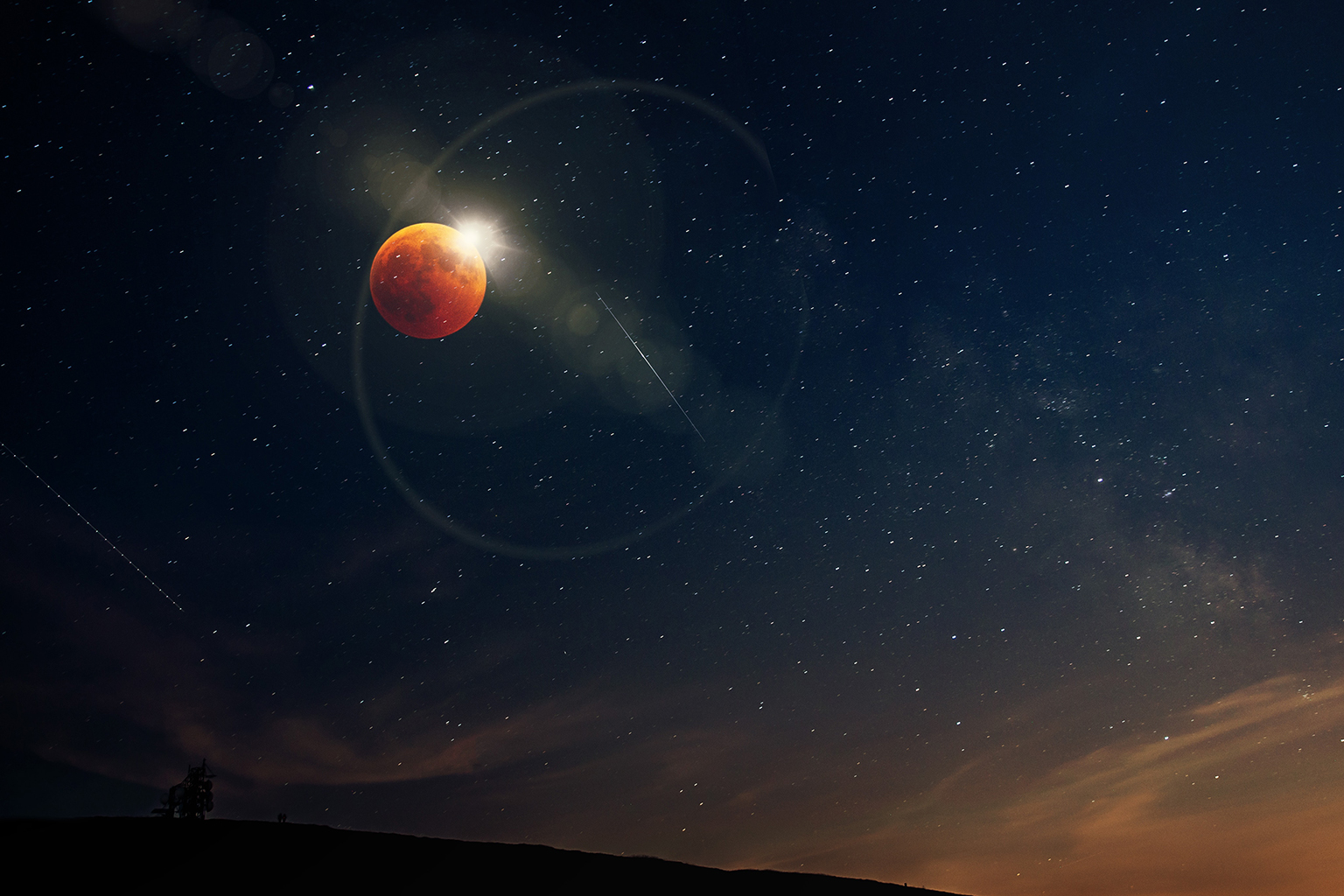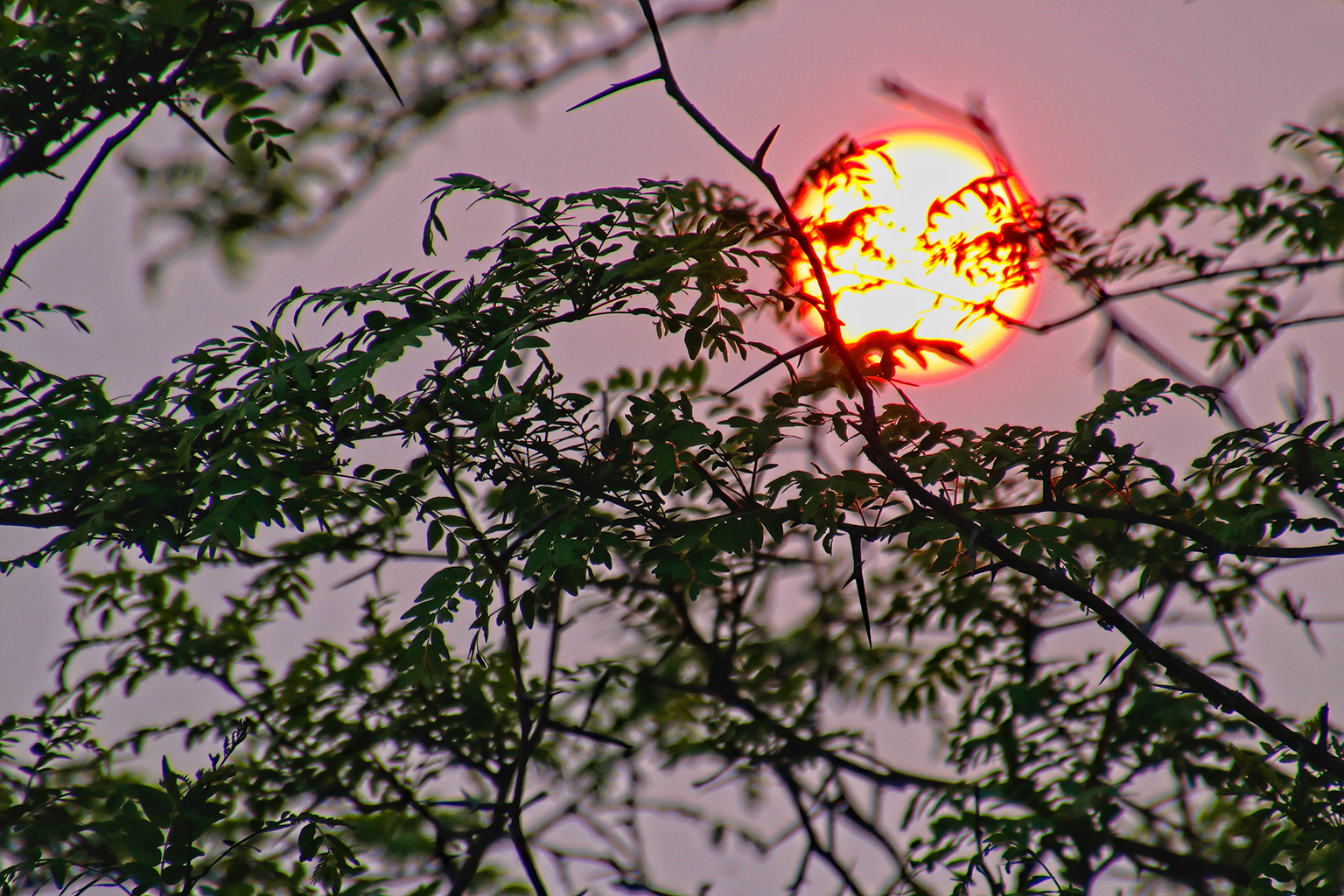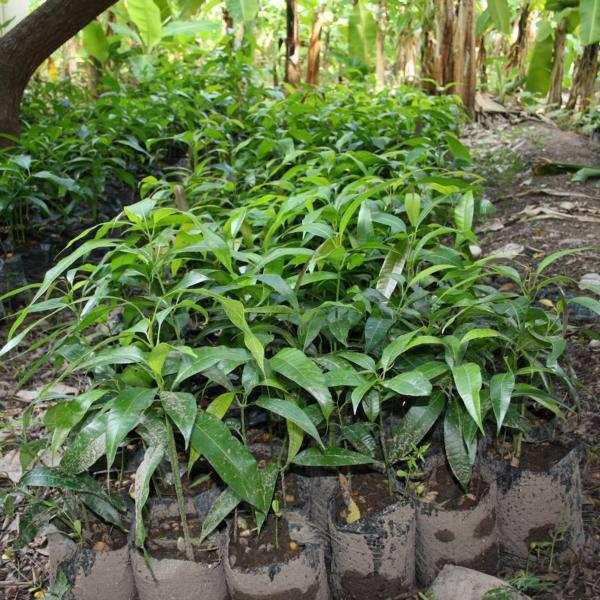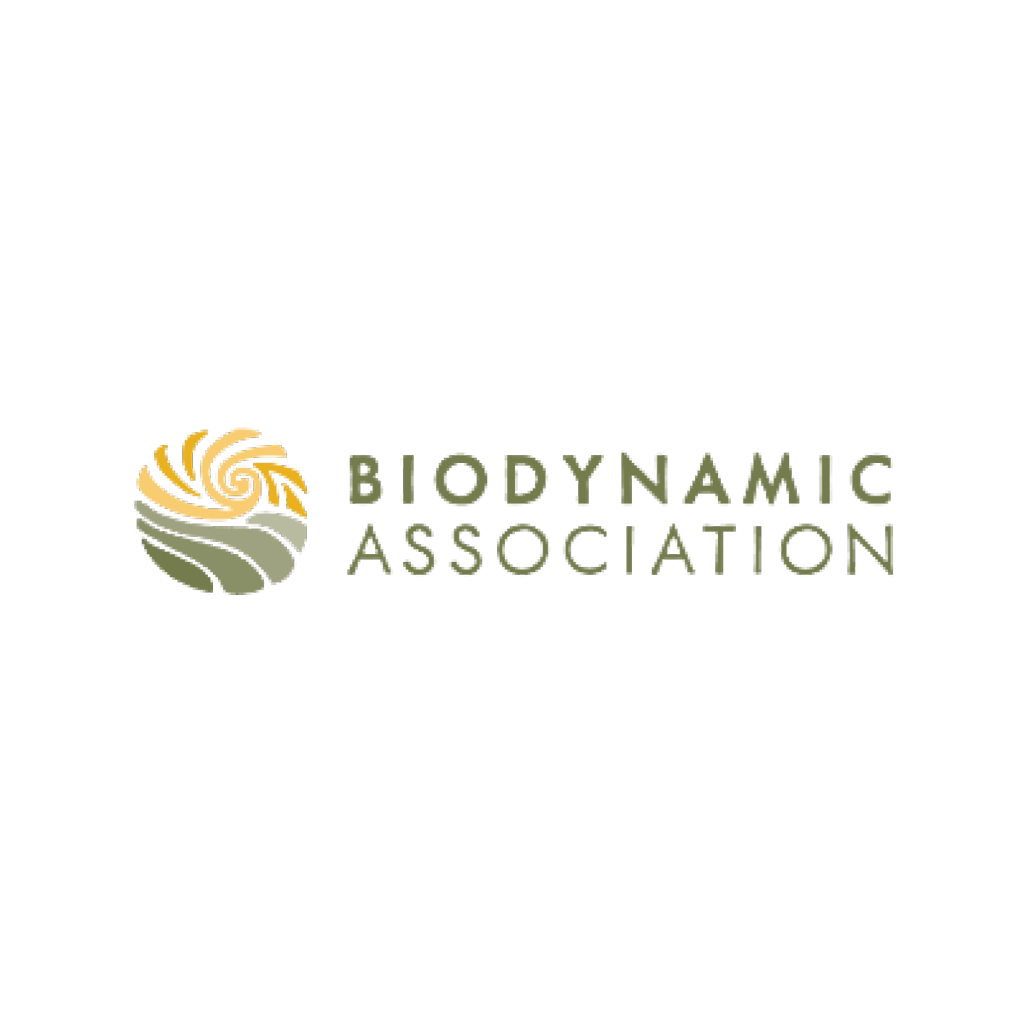BIODYNAMICS
Biodynamics

Science of Life-Forces
Biodynamics is a science of life-forces, a recognition of the basic principles at work in nature, and an approach
to agriculture which takes these principles into account to bring about balance and enhanced vitality. In a very real way, then, Biodynamics is an ongoing path of knowledge rather than an assemblage of methods and techniques.
It takes in to account the Cosmic Rhythms; the light of the sun, moon, planets and stars reaches the plants in regular rhythms. Each contributes to the life, growth and form of the plant.
The Life Of The Soil
Plant Life Is Intimately Bound Up With The Life Of The Soil; Biodynamics recognizes that soil itself can be alive, and this vitality supports and affects the quality and health of the plants that grow in it. Therefore, one of Biodynamics fundamental efforts is to maintain and build up stable humus in our soil.

A New View Of Nutrition
We gain our physical strength from the process of breaking down the food we eat. The more vital our food, the more it stimulates our own activity. Thus, Biodynamic farmers and gardeners aim for quality, and not only quantity.
Conventional / Chemical agriculture
Conventional / Chemical agriculture has developed short-cuts to quantity by adding soluble minerals to the soil. The plants take these up via water, thus by-passing their natural ability to seek from the soil what is needed for health, vitality and growth. The result is a deadened soil and artificially stimulated growth. Biodynamics grows food with a strong connection to a healthy, living soil.
The Farm As The Basic Unit Of Agriculture; In his Agriculture course, Steiner posed the ideal of the self-contained farm – that there should be just the right number of animals to provide manure for fertility, and these animals should, in turn, be fed from the farm.



